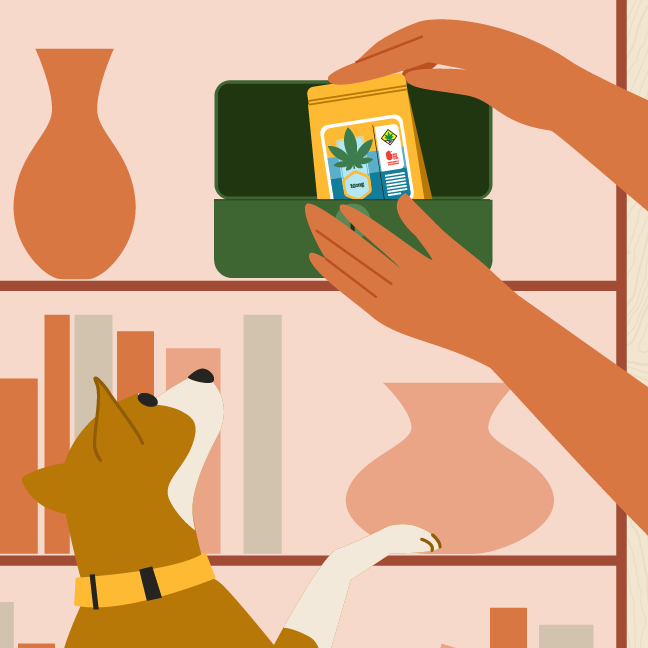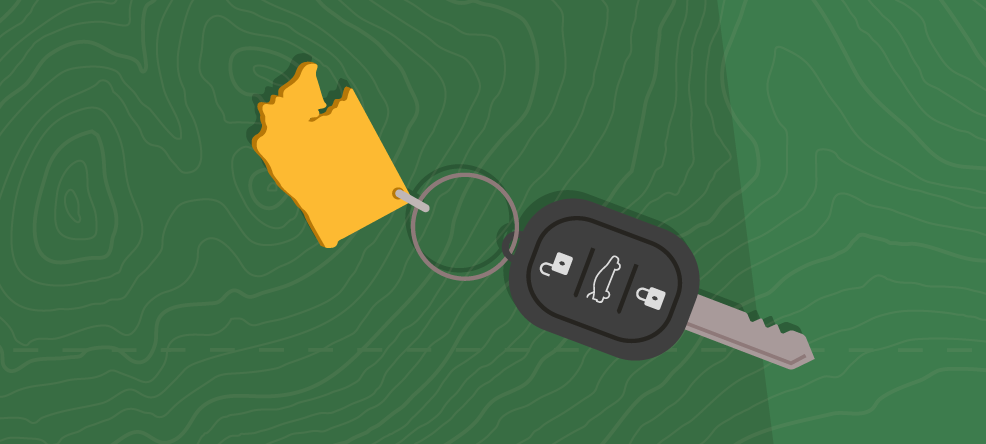Choosing to use cannabis? There are a few steps you can take to reduce the health and safety risks for yourself and those around you—from planning ahead so you don’t drive high to storing your cannabis where little hands and paws can’t reach.

Driving under the influence of cannabis is dangerous—and illegal. If you choose to use, help protect others by staying where you are or planning a safe ride before you use.


80% of Washingtonians take action to stop others from driving impaired.
Storing your cannabis safely helps prevent accidental ingestion, which can pose a serious risk for kids and pets.

Call 911 for medical emergencies from accidental cannabis consumption or bad reactions, like a seizure, trouble breathing, or if someone can’t be awakened. For non-urgent matters, contact the Washington Poison Center online or call (800) 222-1222. If you think your pet has consumed cannabis, contact the ASPCA Animal Poison Control at (888) 426-4435 or your veterinarian.
